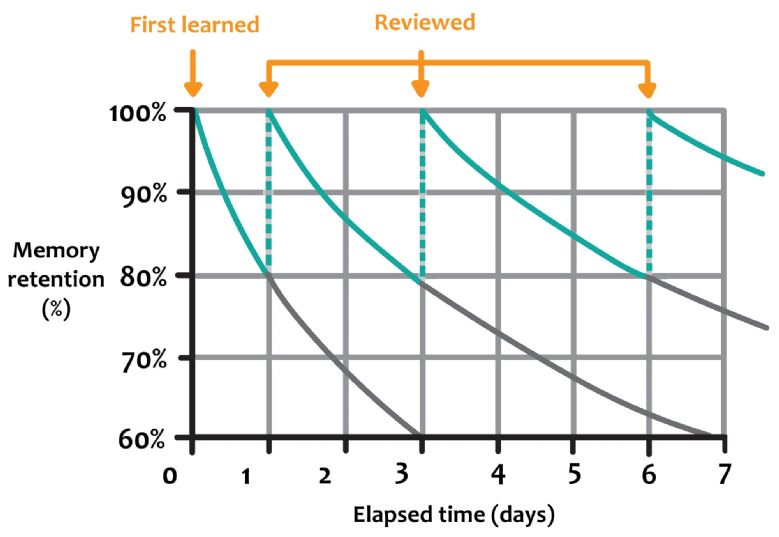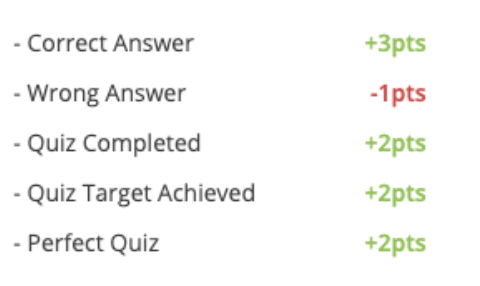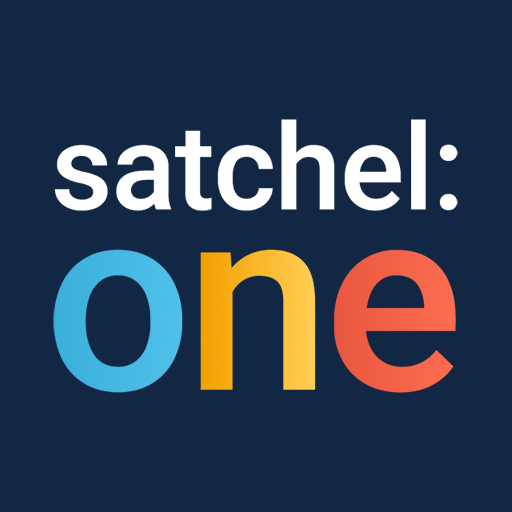RAW Knowledge
RAW KNOWLEDGE
Intent on ensuring our pupils become experts in the range of academic and creative subjects they follow, at Woodlands we strive to equip our young people with the necessary metacogntive abilities to allow their continual development of knowledge and skills. Educational research suggests that effective long-term memory is the single most important factor in allowing pupils to master their learning and our ‘thinking school’ approach adopts strategies to promote this.
At the core of this is a broad but carefully sequenced curriculum which is interleaved allowing our young people the opportunity to encounter new learning whilst regularly revisiting and thus consolidating prior understanding. This approach is not only a key feature of our lessons, all of which begin with a memory recall activity, but is complimented by our whole school homework programme. Pupils are expected to complete one online quiz per subject per week as a minimum for their home learning using our bespoke RAW (Retrieval at Woodlands) Knowledge programme.
Designed by Woodlands Staff in collaboration with Tassomai Learning, an established programme to support with GCSE Science revision, RAW Knowledge has several features to encourage the transfer of content to long-term memory. Not only does it quiz pupils on all content within each Key Stage, but for every individual it identifies the topics requiring most attention and as a result creates personalised and differentiated quizzes.
How does the programme work?
- Quizzes are built for the student based on previous performance and coverage of related material. Every question answered helps the programme to understand further where the learner is with their understanding.
- This means that although quizzing through the programme feels low-stakes to the learner, the questions really help to uncover specific areas of weakness and proficiency.
- The programme’s algorithm will adapt each learner’s journey through the content with every single answer submitted.
- This ensures that pupils have personalised, interleaved question queues which provide the opportunity for spaced retrieval.

|
|
|
|
|
|
• When a pupil answers a question incorrectly, the algorithm will work to highlight problem areas, and adaptive repetition of related content will occur with a higher spacing frequency. The learner will also be supported with more foundational content within the problem area.
• When a question is mastered, the algorithm will adapt by increasing spacing between questions from this area - pupils will still be checked on content they have mastered previously so that we can ensure they are retaining the knowledge, but this will happen less often.
• This will help to prevent the ‘Forgetting Curve’, initially proposed by German psychologist Hermann Ebbinghaus, who claimed that the memory retained less than 60% of information, three days after initial exposure something only overcome, by regular, spaced repetition.
• Questions are ‘pitched’ to the learner. Questions are assigned a difficulty level based on all pupils’ performance on the question itself.
• This allows the programme to direct content of the appropriate level to each learner - they will need to demonstrate mastery of the ‘simpler’ content before ‘unlocking’ the more difficult content within that theme. Learners should therefore find that they are challenged when they have demonstrated understanding, and supported with more scaffolding when they are struggling.
Retrieval at Woodlands (RAW Knowledge)
• At Woodlands, we recognise the importance of giving pupils the opportunity to retrieve knowledge to support the transfer of content from pupils’ short term memory to their long term memory. This is the foundation block for ‘Mastery’ and we will be using homework to serve this purpose.
• Woodlands has been working, in collaboration with Tassomai, to extend the programme they currently offer for Science, across all subjects and create RAW Knowledge and questions have been written by Woodalnds’ teachers, for Tassomai, to create RAW Knowledge hence ensuring it is bespoke for our pupils.
• All pupils are expected to engage with RAW Knowledge as part of their home learning. (Some KS3/KS4 subjects will set additional pieces of work which will be compulsory).
• Pupils have THREE daily targets that they need to meet every day. Pupils will need to achieve 50 points per bucket every day with questions targeted specifically to address the needs of the pupil. Points can be accrued in the following ways:

• One target comes from each of the buckets below and the questions will be from a variety of subjects within the bucket:

• Pupils are not restricted in the amount of quizzing they can do. Once they have achieved their daily target, they can continue to answer questions. Either;
- The algorithm will continue to select questions for them which may reduce their targets on following days.
- Pupils can choose specific quizzes from specific subjects if they wish.
• Every day, the school will be looking at which pupils have and have not been completing their RAW knowledge homework
- Rewards for those who are completing targets
- Sanctions for those who do not!
• The more pupils engage in the programme, the more aware the programme will be of an individual pupil’s ability. Questions are therefore differentiated and matched to the ability of the pupil.
• ICT facilities are available if pupils wish to engage with RAW Knowledge at lunchtimes or after school on school site.
• Support available for pupils with no ICT/internet access at home via WoodlandsConnect. Email ero@woodlandsschool.essex.sch.uk
• Direct email address for pupils to contact should they be experiencing difficulties at home: rawknowledgequery@woodlandsschool.essex.sch.uk
presentation on raw knowledge
RAW knowledge: q & A



